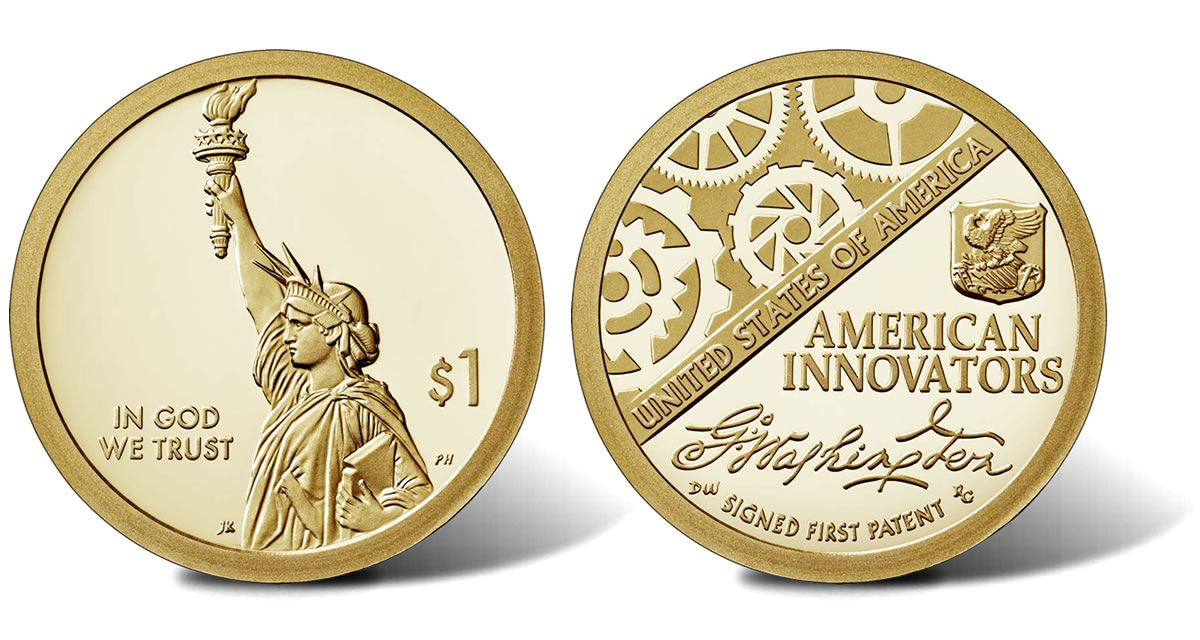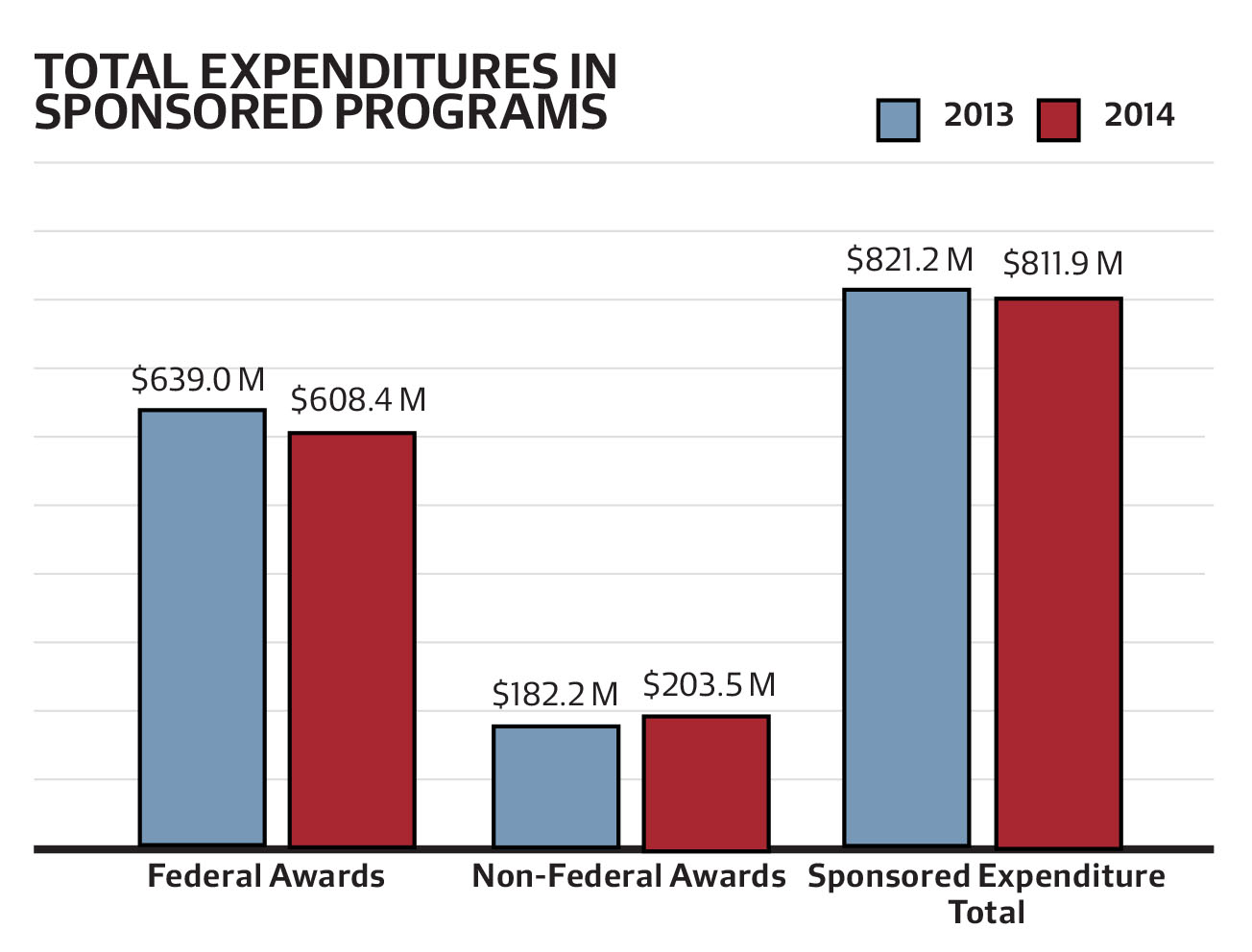American innovation has long been a cornerstone of progress, driving technological advancements that transform our daily lives and shape the future. As highlighted by Harvard research funding, the collaborative efforts between government and academia have historically fueled groundbreaking scientific endeavors. Notably, figures like Don Ingber and his work on organ-on-a-chip technology exemplify this synergy, showcasing the profound impact of scientific research on health and industry. These advancements not only push the boundaries of what is possible but also underscore the critical role of sustained investment in cutting-edge projects. As the landscape of innovation continues to evolve, maintaining funding and support for research initiatives remains essential for ensuring America’s leadership in global advancements.
Innovation in the United States often represents a dynamic interplay between scientific discovery and technological development, fostering an environment where new ideas can flourish. This interplay draws heavily on the collaboration between government entities and research institutions, offering funding and resources that accelerate scientific inquiry. Influential researchers, such as Don Ingber, are at the forefront, applying techniques like organ-on-a-chip technology to address vital challenges faced in healthcare and astronaut safety. The ramifications of such research extend beyond mere academic interest; they significantly impact public health and industry evolution. As America navigates shifting political landscapes, the foundational support for these innovative endeavors becomes increasingly crucial for maintaining its competitive edge.
The Impact of Harvard Research Funding Freezes
The recent decision by the Trump administration to freeze approximately $2.2 billion in research funding to Harvard University has sent shockwaves through the scientific community. This funding was vital for numerous projects, including high-profile studies led by researchers like Don Ingber, who is pioneering groundbreaking organ-on-a-chip technology. Such funding crises can not only hinder ongoing research but also impact the educational missions of academic institutions, creating a ripple effect that affects students, faculty, and the broader academic ecosystem.
As Harvard mounts a legal challenge against this funding freeze, the implications of such a standoff extend beyond immediate financial concerns. The inability to sustain critical research initiatives compromises the progress made over years, particularly in cutting-edge fields like biomedical engineering and space exploration. Researchers working on vital projects that could transform our understanding of human health and environmental science are left in limbo, navigating the uncertainty of project viability and potential layoffs. The ramifications could stifle innovation and hinder the development of next-generation technologies.
Organ-on-a-Chip Technology: A Beacon of American Innovation
Don Ingber’s organ-on-a-chip projects represent a pinnacle of American innovation, demonstrating how interdisciplinary approaches can lead to technological breakthroughs. These miniature models emulate human organ systems, enabling researchers to study diseases and assess drug efficacy in real-time without the ethical concerns associated with traditional animal testing. By integrating engineering principles with biological research, this technology propels scientific understanding forward, enhancing the ability to predict human responses to treatments and chemicals in a variety of contexts.
The stakes are high, as the outcomes of these studies have profound implications for healthcare and regulatory practices. With the rapid advancement of the artificial intelligence industry, the application of organ-on-a-chip technology in modeling diseases and drug interactions could significantly streamline the drug discovery process, leading to more effective therapies being brought to market. These innovations not only support business growth but also position America as a leader in global scientific research, underscoring the critical need for supportive research funding to ensure continued progress.
Navigating Uncertainty in Academic Research
The current stand-off between Harvard and the federal government highlights the precarious position faced by researchers in academia. With vital projects stalling due to funding uncertainties, researchers must grapple not only with the immediate impacts on their work but also with the long-term implications for their careers and the institutions they represent. This environment fosters anxiety amongst students and postdoctoral fellows, who rely on stable funding for their professional advancement and contribution to the scientific community.
As Ingber emphasizes, the institutional response must prioritize the welfare of researchers while seeking alternative funding avenues. The collaborative nature of academic research requires adaptability to unexpected governmental policies and financial fluctuations. The uncertainty raises critical questions about the future of scientific collaboration between government entities and academia, particularly regarding how to maintain a robust innovation pipeline amid external pressures that disrupt funding.
The Role of Government and Academia in Innovation
The relationship between government and academia has historically been the backbone of American scientific advancement. The recent challenges faced by institutions like Harvard underscore the fragility of this partnership. Government funding has been crucial in promoting research initiatives that lead to technological breakthroughs, educational advancements, and ultimately, broader economic growth. However, as politics increasingly infiltrates scientific funding decisions, the sustainability of this relationship is called into question.
To ensure ongoing innovation, it is essential for both government and academic leaders to advocate for policies that promote transparency and stability in research funding. Creating a collaborative environment that prioritizes scientific integrity and advancement over political agendas is vital. Without this, the foundational support that has allowed American innovation to flourish risks being eroded, resulting in stagnating progress across numerous fields, from healthcare to technology.
Research as a Driving Force for Economic Development
Don Ingber’s work illustrates the significant economic implications of academic research, particularly in fields like organ-on-a-chip technology. The integration of scientific research within the broader economic framework has historically driven job creation, industry growth, and technological advancement. Each innovation emerging from research projects fosters new industries and supports existing ones, ultimately impacting the national economic landscape.
However, the recent funding freeze threatens to curtail this economic potential. With many researchers considering opportunities abroad and disheartened by the instability, the U.S. risks losing its competitive edge in global research and innovation. Ensuring robust investment in scientific research is essential not only for advancing knowledge but also for sustaining economic vitality and retaining talent in a rapidly evolving technological landscape.
The Future of Biomedical Research Under Threat
With the ongoing political tensions impacting research funding, the future of biomedical advancements hangs in the balance. Ingber’s organ-on-a-chip projects exemplify the critical nature of this research, extending its applications from healthcare advancements to potential space exploration benefits. However, funding instability jeopardizes the continued support necessary for pioneering such innovative projects and delays potential breakthroughs that could save lives.
Faculty and researchers must navigate an increasingly complex landscape where fiscal constraints and regulatory challenges could stifle innovation. It is imperative for stakeholders in government and academia to recognize the societal benefits derived from such research and work collaboratively to ensure sustainable funding models. Addressing these challenges head-on is crucial for cultivating an environment where biomedical research can thrive and lead to transformative healthcare solutions.
Attracting Talent in a Changing Landscape
The fear stemming from the current instability in U.S. research funding is affecting the ability of institutions to attract international talent. As Don Ingber highlights, the perception of America as a safe haven for the best and brightest is rapidly changing, causing potential candidates to reassess their career choices. This shift could lead to a significant brain drain, diminishing the U.S.’s status as a leader in scientific research and innovation.
Moreover, as rising scholars choose opportunities abroad, the impact on collaborative networks and the influx of fresh ideas could severely limit the exchange of knowledge within the U.S. institutions. To reverse this trend, both government policies and institutional frameworks must adapt to provide a reassuring environment for international researchers and students, reinforcing America’s commitment to being a welcoming home for top scientific talent.
The Societal Importance of Academic Research
The vital role of academic research extends beyond the lab, permeating everyday life and societal progress. Ingber points out that foundational research supports advances in technology and healthcare, influencing everything from digital communication to medical treatment options. The continuity of research funding ensures the exploration of new ideas that can significantly change peoples’ lives, addressing both current challenges and future scientific inquiries.
When academic research is threatened, the effects ripple through communities, affecting access to knowledge and innovation. Protecting and fostering research initiatives is not just about funding but about safeguarding the advancement of society as a whole. By prioritizing academic research, there is an investment in a healthier, more informed, and technologically advanced populace.
The Call for Policy Reform in Research Funding
As the conflict between Harvard and the government unfolds, there is a pressing need for policy reform within research funding frameworks. The current landscape reveals vulnerabilities in how funds are allocated and the extent to which political considerations interfere with scientific progress. Reforming these policies to create a more consistent and reliable funding environment for academics could mitigate the impacts of abrupt funding freezes and enhance the overall research landscape.
Involving key stakeholders in the conversation, including researchers, policymakers, and educational leaders, can pave the way for innovative funding strategies that prioritize scientific inquiry over political agendas. Establishing clear guidelines that support long-term investment in research will not only bolster American innovation but also ensure that the nation remains competitive internationally within the global science and technology arena.
Frequently Asked Questions
How does Harvard research funding impact American innovation?
Harvard research funding plays a vital role in American innovation by supporting groundbreaking studies in fields like organ-on-a-chip technology. These projects, backed by significant investments from government agencies, lead to pivotal advancements that contribute to the U.S. economy and healthcare.
What is organ-on-a-chip technology and its significance in American scientific research?
Organ-on-a-chip technology is an innovative tool developed at the Wyss Institute that allows researchers to mimic human organ functions on a microchip. This technology is crucial for scientific research, providing insights into drug effects and environmental impacts, thus driving American innovation in medicine and health.
Who is Don Ingber and what contributions has he made to American innovation?
Don Ingber is the founding director of the Wyss Institute at Harvard and a pioneer in organ-on-a-chip technology. His work has significantly impacted American innovation by advancing scientific research that addresses critical health challenges and enhances drug development processes.
What role do government and academia partnerships play in boosting American innovation?
Partnerships between government and academia are essential for boosting American innovation. They facilitate funding for groundbreaking research, like organ-on-a-chip projects, which lead to technological advancements and strengthen the U.S. economy through scientific discovery and innovation.
What challenges does American innovation face due to recent changes in research funding?
Recent changes in research funding have posed significant challenges to American innovation, particularly in the context of halted projects and uncertainty in government support. This situation jeopardizes ongoing research and threatens the continuity of scientific advancements that drive technological progress.
How does Harrison’s lawsuit relate to the future of American innovation?
Harrison’s lawsuit regarding halted research funding highlights a legal battle over support for American innovation. The outcome may determine the future of funding for essential projects, like those at the Wyss Institute, directly impacting scientific research and technological advancements in the U.S.
Why is the stability of scientific research important for American innovation?
Stability in scientific research is crucial for American innovation because it ensures continuous progress and development of new technologies. Disruptions can lead to loss of talent and momentum, undermining the collaborative efforts between government and academia that drive advancements in various fields.
What implications does organ-on-a-chip technology have for future space exploration?
Organ-on-a-chip technology has significant implications for future space exploration, particularly in studying how microgravity affects human health during long missions, such as to Mars. This innovation is key to ensuring astronaut safety and enhancing the viability of human space travel.
How can American innovation continue to thrive amidst funding uncertainties?
American innovation can thrive amidst funding uncertainties by fostering collaborations between academia, industry, and government agencies. Encouraging private funding and partnerships while advocating for policy changes can help sustain critical research efforts and drive scientific breakthroughs.
| Key Point | Details |
|---|---|
| Stop-Work Order Issued | Don Ingber received a stop-work order affecting two organ-on-a-chip projects worth over $19 million. |
| Harvard’s Lawsuit | Harvard is filing a lawsuit against the Trump administration for unconstitutional demands related to governance and funding. |
| Impact on Researchers | Researchers and students are impacted by interruptions and potential layoffs due to funding freezes. |
| Significance of Research | Ingber’s projects have significant implications for understanding and mitigating radiation damage, essential for both cancer patients and astronauts. |
| Innovation and Economy | The situation reflects a larger issue regarding American innovation and the relationship between government and academia. |
Summary
American innovation is facing significant challenges due to recent government actions that have directly impacted research funding and operations at universities like Harvard. The stop-work order issued to critical projects showcases the precarious balance between federal demands and academic freedom. As university leaders fight to sustain their groundbreaking work and attract global talent, the implications of such government interventions pose lasting risks to the future of technological advancements in the United States.



